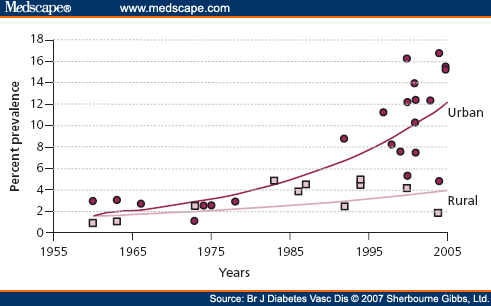Re: PaNu - The paleolithic nutrition argument clinic
if you find the comments patronizing, i suggest you ignore the tone and focus on the content. you reinforce whatever it is you respond to. respond to a [perceived] negative tone and you cultivate discord. ignore it to reinforce discourse.
i have no need to press my questions. i asked them, i got rm's answers. i plan to do a bunch of reading [this has been a periodic interest of mine] and draw my own conclusions. to date the most persuasive thing i've read is joel fuhrman's "eat to live," which also eliminates refined carbs, but in a very different, low-fat way. but i remain open to learning more.
i am most convinced by the notion that we do not have definitive answers. also, i don't know if you noted an earlier post of mine, which i'll repost here:
Originally posted by Lukester
View Post
i have no need to press my questions. i asked them, i got rm's answers. i plan to do a bunch of reading [this has been a periodic interest of mine] and draw my own conclusions. to date the most persuasive thing i've read is joel fuhrman's "eat to live," which also eliminates refined carbs, but in a very different, low-fat way. but i remain open to learning more.
i am most convinced by the notion that we do not have definitive answers. also, i don't know if you noted an earlier post of mine, which i'll repost here:
Originally posted by jk
 . It can be downright unhealthy. Whether Roger manifests such or not I don't know. It could be, but it doesn't matter much to me.
. It can be downright unhealthy. Whether Roger manifests such or not I don't know. It could be, but it doesn't matter much to me.

Comment